Over 700 species of birds live in the Caribbean. This includes 176 species that can be found nowhere else in the world! There is no doubt that birds add music and a splash of color to our lives. Many people enjoy watching wild birds since it distracts them from the pressures of their daily lives. Additionally, birds provide invaluable ecosystem services—they control insect populations, pollinate flowers, disperse seeds, and clean the environment. They continue to be important indicators of ecosystem health and can tell us if we are succeeding as stewards of our planet. Unfortunately, these services are almost always overlooked.
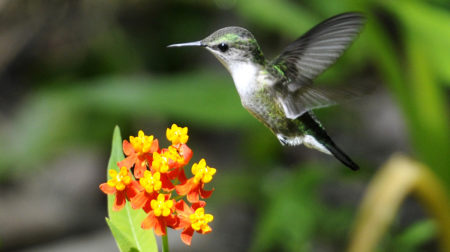
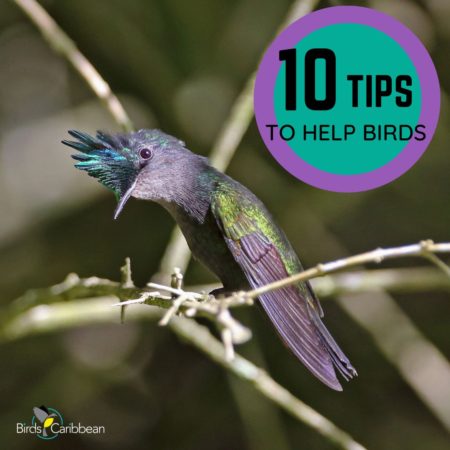 Birds are still threatened by development, agriculture, pollution, natural disasters, and hunting for meat or pets. For geographically restricted Caribbean birds, both resident and migratory, the effects can be disastrous leading to severe population declines, extirpation, or even extinction.
Birds are still threatened by development, agriculture, pollution, natural disasters, and hunting for meat or pets. For geographically restricted Caribbean birds, both resident and migratory, the effects can be disastrous leading to severe population declines, extirpation, or even extinction.
It’s up to all of us to take care of our birds, and to make sure they are around for future generations to enjoy. You can help birds thrive by taking a few simple, everyday actions.
Here are 10 ideas to get you started:
1. Keep Birds Safe from Pets
Unleashed dogs and outdoor cats can disturb, chase, and kill birds. Around the world, billions of birds die each year when they are caught by birds. Cats are natural predators, even if well fed. Outdoor cats also live shorter, harsher lives—they may suffer from injury or die if attacked by a dog or poisoned, can contract diseases and cause unwanted litters of kittens, if unspayed or unneutered. Keeping your cat indoors (or on a leash outdoors) is good for your cat and birds. Check this website for helpful resources.
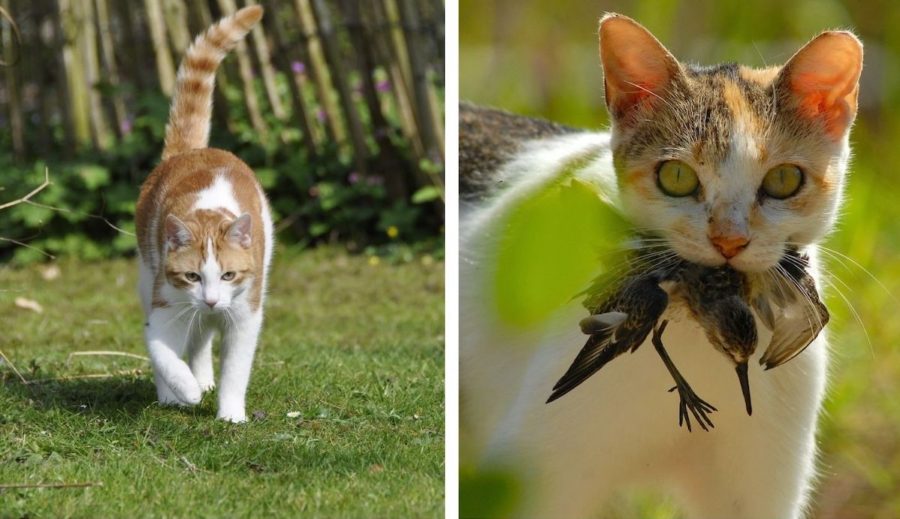
2. Avoid Using Chemicals on your Lawn
Birds may accidentally eat pesticide and herbicide pellets or prey (e.g., insects) that have been poisoned. This can kill a bird or have toxic effects on their health. You can reduce your use of harmful chemicals by weeding by hand, landscaping with native plants, grasses and flowers that attract birds and provide food for them, and using organic insecticides like neem, and/ or make your own (try a mixture of white vinegar, salt, and dish soap for ridding your garden of weeds.
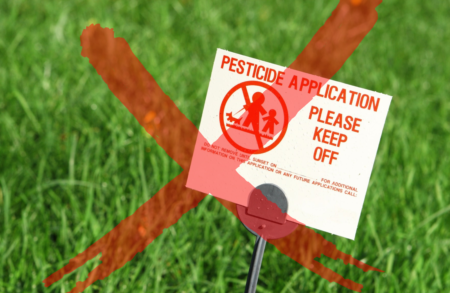
3. Leave Fledglings Where You Find Them
Young birds may spend a few days on the ground before they are able to fly well. Typically parents are nearby continue to care for them and feed them. You can help by keeping people and pets away. If you think a bird is truly an orphan, call a local wildlife rehabilitator for instructions.
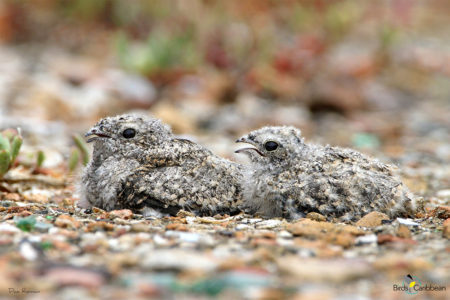
4. Plant a Tree for Both Birds and People
Trees provide food and shelter for wild birds. Ask your local forestry division about what native trees and bushes are suitable for your garden and plant a variety. Check out also the plants listed in our eBook: Heritage Plants—Native Trees and Plants for Birds and People in the Caribbean. We encourage people to reduce the amount of grass and nonnative plants in a yard, while increasing the variety and coverage of native plants. What’s in it for you? You’ll get more birds, of different species, to enjoy right at home. Empowering Youth to Garden for Wildlife in Grand Bahamas, Heritage Plants – Native Trees and Plants for Birds and People in the Caribbean.
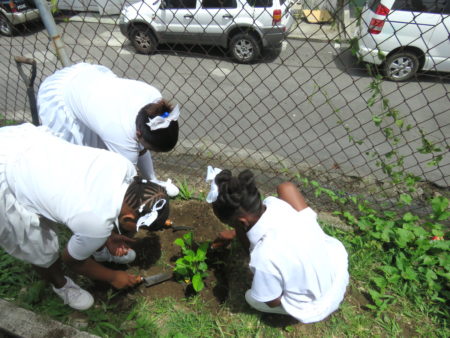
5. Share What You See
Citizen scientists such as yourself help us monitor our bird populations and environment. The observations entered into eBird Caribbean, from interested people across the region, provide data at an amazing scale and level of sophistication. If you’re interested in birds and nature, chances are there’s a BirdsCaribbean citizen-science project that can benefit from your participation. Caribbean Waterbird Census, Global Big Day, Global Shorebird Count
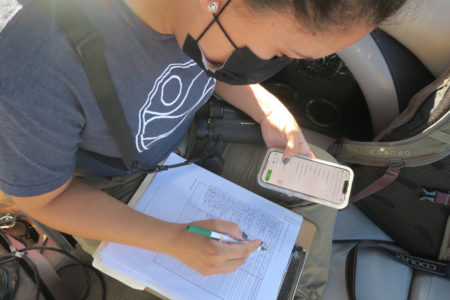
6. Prevent Window Collisions
During the day, windows reflect plants and trees or the sky, making them look like places to fly into. Sadly, the bird often dies, even when it is only temporarily stunned and can still fly away. Many times these birds die later from internal bleeding or bruising, especially on the brain. The good news is that you can greatly reduce the danger your home’s windows pose to birds. You can explore options like decals, netting, or mosquito screens to keep birds away from your windows during the day. Check out ideas and resources here.
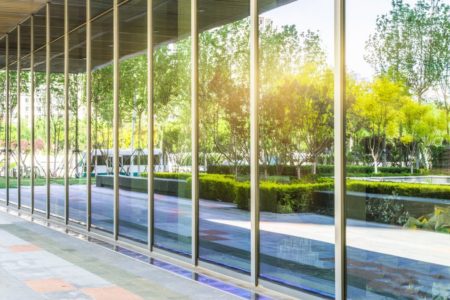
7. Drink Coffee that is Good for the Birds
You might be looking to satisfy a craving but did you know you can preserve critical habitat for birds, and other wildlife, and support farmers that are committed to sustainable farming, by brewing a cup of coffee? The Smithsonian Bird Friendly certification ensures farmers follow strict growing standards to prevent irreversible damage to bird habitats by protecting tree diversity and foliage cover. Find a store or coffee shop near you, or have it shipped right to your door.
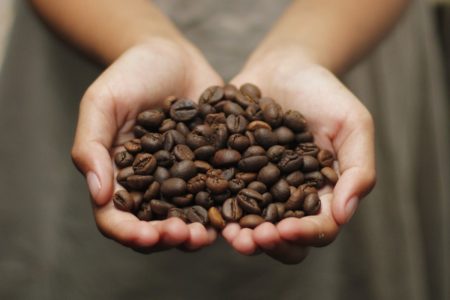
8. Don’t Buy Illegally Caged Birds
Although trade is illegal, many Caribbean parrots, parakeets and songbirds are still harvested for both the local and international trade. Report the capture and sale of wild birds to the authorities. Learn more here about the Cuban songbird trade.
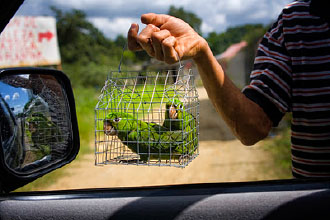
9. Create Communities
Share your passion for birds with family and friends. And expand your backyard bird oasis into a larger neighborhood oasis by working with neighbors and managers of nearby parks, schoolyards, golf courses, and farms. Together you will help restore habitat and provide safe spaces for birds to find food, hide from predators and raise their families. Restoring bird habitat can also provide cooler spaces for people, absorb stormwater runoff, and combat the spread of invasive plants.
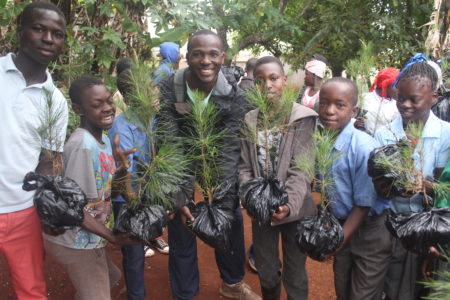
10. Support BirdsCaribbean
At BirdsCaribbean, we’re committed to conserving birds and their habitats. We have been successful in empowering local people to enjoy, study, and monitor local birds, as well as alleviate threats to their survival and their habitats. However, there is still much more to be done for Caribbean birds, people, economies, and ecosystems that are under constant threat of development, agricultural expansion, pollution, climate change, and more. We’re a member-supported nonprofit and we rely on donations for our annual funding. We are extremely grateful to our generous and dedicated members and donors, and we invite you to join us as we continue to build a future where birds and people thrive.
Join BirdsCaribbean | Donate to BirdsCaribbean.







